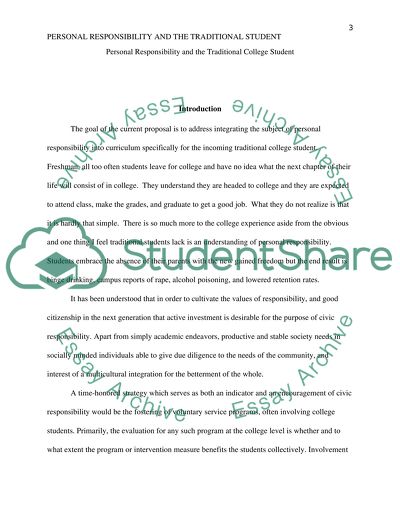Cite this document
(“Social Responsibility and the Traditional College Student Research Paper”, n.d.)
Retrieved from https://studentshare.org/education/1397972-social-responsibility-and-the-traditional-college
Retrieved from https://studentshare.org/education/1397972-social-responsibility-and-the-traditional-college
(Social Responsibility and the Traditional College Student Research Paper)
https://studentshare.org/education/1397972-social-responsibility-and-the-traditional-college.
https://studentshare.org/education/1397972-social-responsibility-and-the-traditional-college.
“Social Responsibility and the Traditional College Student Research Paper”, n.d. https://studentshare.org/education/1397972-social-responsibility-and-the-traditional-college.


